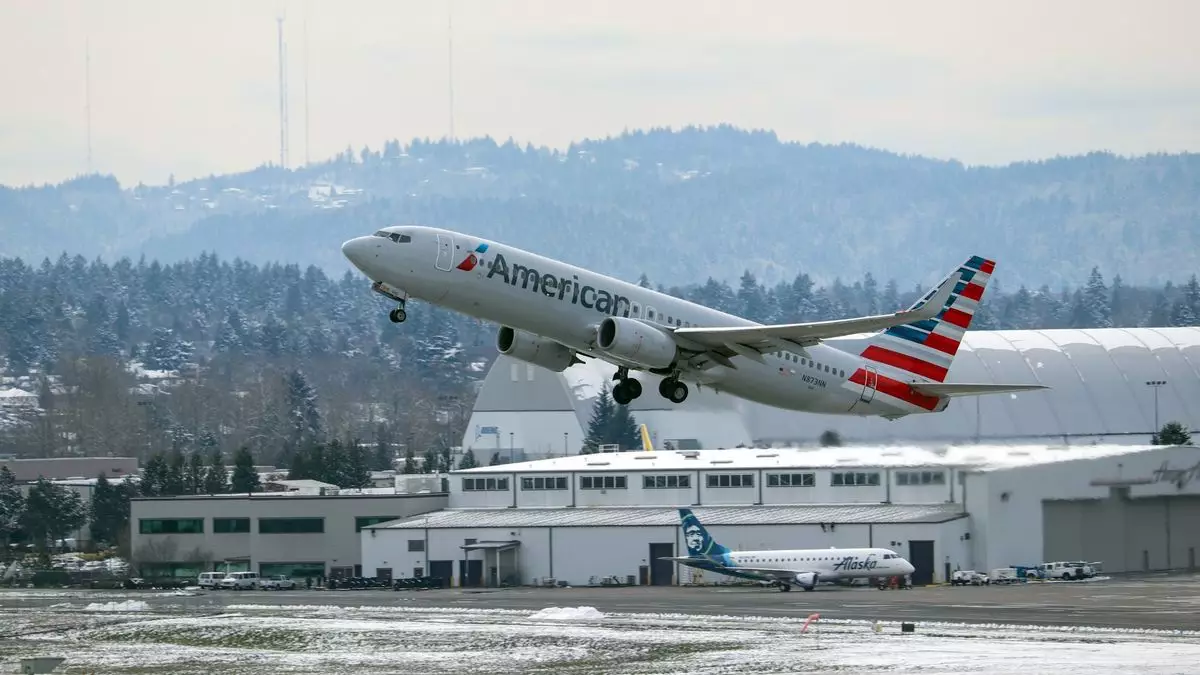The ongoing dispute between the American Society of Travel Advisors (ASTA) and American Airlines has reached a new level of intensity. ASTA has doubled down on its demand for the Department of Transportation (DOT) to investigate American Airlines’ distribution practices and take enforcement action. The core issue revolves around American Airlines’ decision to remove 40% of its fares from legacy systems that travel advisors have relied on for decades. This move has had a detrimental impact on travel agencies and their customers, prompting ASTA to speak out against the airline’s actions.
American Airlines had initially informed travel agencies in October 2022 about the upcoming change in booking systems. The airline announced that travel agencies would need to transition to systems based on New Distribution Capability (NDC) technology to access all of its content. At that time, American Airlines assured that it had secured agreements with major Global Distribution Systems (GDSs) to offer NDC connections to their travel agency clients. However, ASTA has been vocal in its opposition to American Airlines’ NDC strategy since then.
In response to American Airlines’ implementation of NDC technology, ASTA filed a complaint with the DOT on December 20. ASTA’s complaint reiterated its argument that American Airlines unfairly removed a significant portion of its fares from legacy systems. According to ASTA, this decision has had negative consequences for travel agencies and their customers. ASTA also highlighted several deficiencies with NDC bookings, including the inability to hold a booking, restrictions on guest bookings, and the inability to book air, car, and hotel simultaneously. These shortcomings have persisted since the implementation of NDC technology and have caused frustration among travel advisors. ASTA criticized American Airlines for dismissing the desires of consumers who choose to book through travel agencies, accusing the airline of arrogance.
ASTA vehemently refuted American Airlines’ claims that travel agencies were resistant to adopting modern technology. The society argued that American Airlines was the party unwilling to modernize, as its solution was not ready to meet the needs of the industry. Despite the predicted chaos, American Airlines proceeded with its implementation of NDC technology. ASTA also addressed the cost implications of adopting NDC connections. While some companies, such as Online Travel Agencies (OTAs), have embraced NDC technology, the Society argued that most small and medium-sized agencies lack the necessary budgets. Additionally, ASTA emphasized that agencies managing corporate travel have a responsibility to provide a level of duty of care to their clients, which is not adequately supported by NDC connections.
ASTA accused American Airlines of abusing its dominant market position in the industry by mandating that agencies use NDC connections to access full content. According to ASTA, this decision showcased the power American Airlines wields in the oligopolistic market. By limiting access to fares through legacy GDS systems, American Airlines has disadvantaged travel agencies, who now lack access to the lowest fares offered by the airline. ASTA firmly believes that the DOT should intervene and require American Airlines to restore the content it removed from legacy systems.
The clash between ASTA and American Airlines continues to escalate, with ASTA persistently calling for the DOT to investigate and take enforcement action against the airline. ASTA has raised valid concerns about the negative impact of American Airlines’ distribution practices on travel agencies and their customers. The society’s arguments against the deficiencies of NDC technology and the alleged abuse of market power demonstrate the gravity of the situation. As the controversy unfolds, the travel industry eagerly awaits the DOT’s response and the potential resolution of this dispute.

